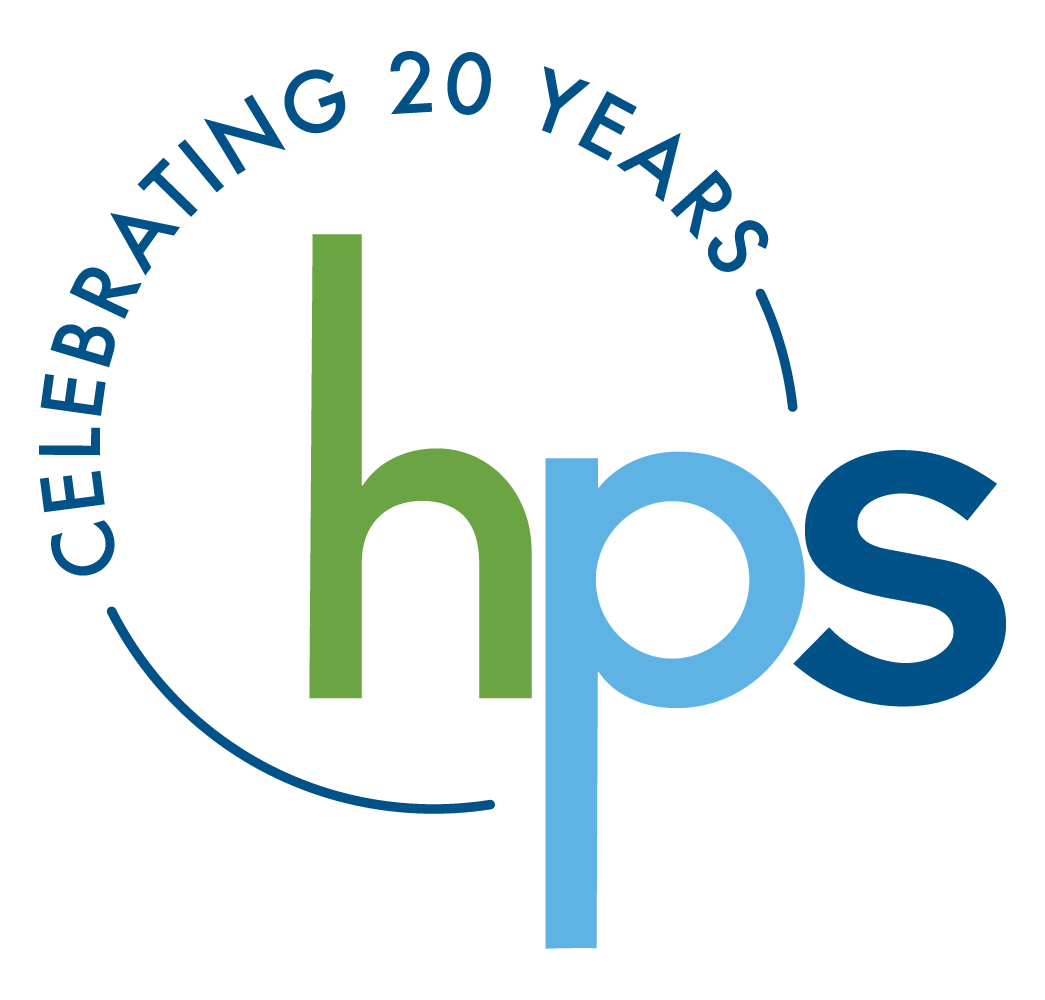Association Between Maternal Acetaminophen Use and An Increased Risk of ADHD and/or Autism in Their Children
Association Between Maternal Acetaminophen Use and An Increased Risk of ADHD and/or Autism in Their Children
A Google search of a phrase like “Birth Trauma causes Autism” will result in links to, inter alia, various legal websites asserting that trauma during labor and delivery is a cause of a child’s autism or behavioral issues. The most recent of a series of medical articles, however, points to a potential alternative cause – maternal use of acetaminophen.
Historically, acetaminophen has been viewed as one of the few safe over-the-counter medications that a mother could take during pregnancy even though it was recognized that acetaminophen could cross the placenta and be absorbed into the fetus’ system.
The article – Ji. Y, et al., “Association of Cord Plasma Biomarkers of In Utero Acetaminophen Exposure with Risk of Attention-Deficit/Hyperactivity Disorder and Autism Spectrum Disorder in Childhood.” JAMA Psychiatry, October 30, 2019 (1) – looked to expand upon prior studies looking at the question of whether there is an association between maternal consumption of acetaminophen during pregnancy and the child’s later diagnosis of attention-deficit/hyperactivity disorder (ADHD), autism spectrum disorder (ASD) and other developmental disabilities (DD).
Prior studies had concluded there was an association between material acetaminophen use and the above referenced deficits. This study’s authors explained, however, that the prior studies had typically relied upon historical information derived from the mother as to frequency and duration of use of acetaminophen, which was subject to inaccuracies. In this study, the authors sought to look at objective evidence of maternal consumption of acetaminophen by testing cord plasma.
This prospective cohort study used data from the Boston Birth Cohort from the period of October 1, 1998, to June 30, 2018. It was determined that 996 of the 3163 mother-infant dyads had sufficient cord plasma samples to conduct the metabolite assays. The results revealed that 25.8% (257 children) had ADHD; 6.6% (66) had ASD; 4.2% (42) had ADHD and ASD; 30.5% (304) had other DDs; and 32.8% (327) were neurotypical (2). The conclusion was that positive cord biomarkers of acetaminophen – indicating there was perinatal exposure – were significantly associated with an increased risk of ADHD and/or ASD.
The study does set forth the authors’ own perceived limitations with their study and indicates that further research is needed to explore such questions as whether there are windows of time during which a fetus is more or less susceptible to acetaminophen exposure.
In an era in which an increasing percentage of children are being diagnosed with ADHD and/or ASD, and efforts are being made to link those diagnoses to the birthing process, these studies identifying an association between these diagnoses and maternal acetaminophen use represent a potential alternative explanation for a child’s condition(s). Therefore, in the litigation setting, a defense counsel should be reviewing the maternal medical records and asking the mother (and others) at deposition about the maternal acetaminophen use during pregnancy.
---
(1) This study was funded by the National Institutes of Health and the Agency for Health Care Research and Quality.
(2) “Neurotypical” means that the child did not meet diagnostic criteria any behavioral and/or developmental condition.


